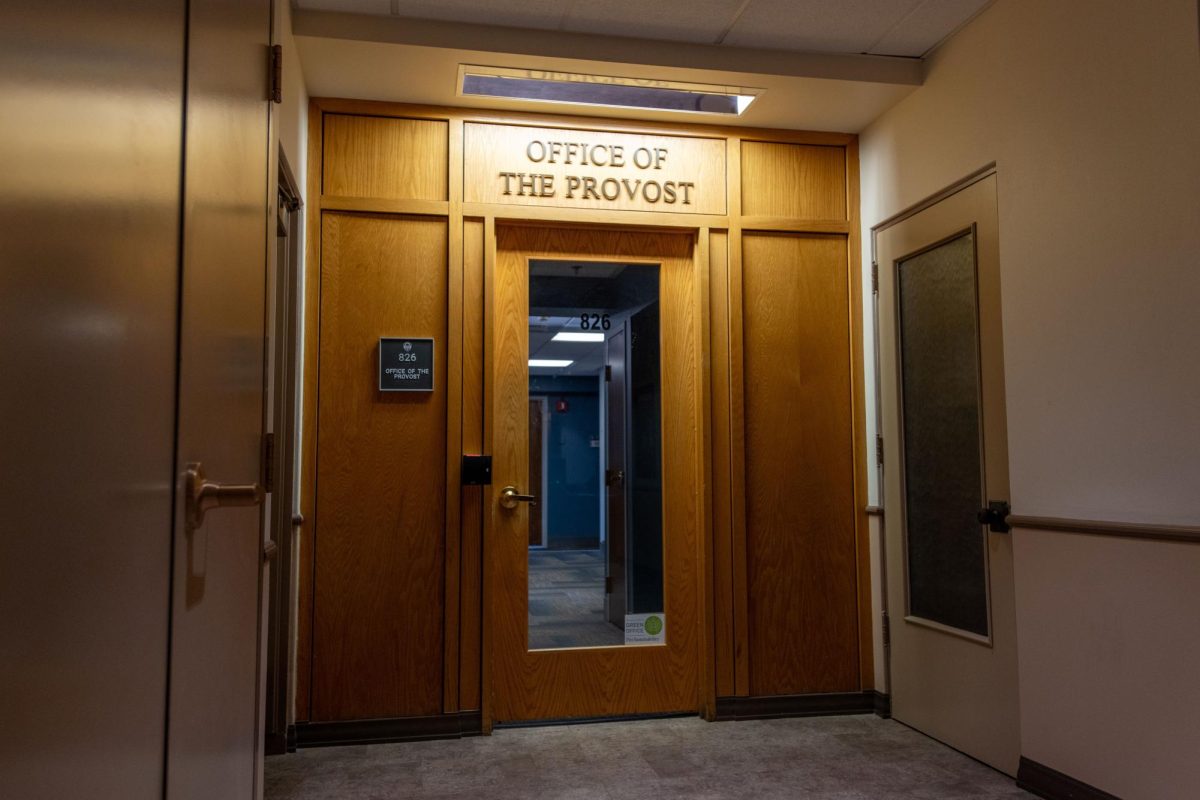General education requirements are supposed to be “more than just requirements ” — they are an opportunity to discover interests students never knew they had, all while earning credits toward graduation. Pitt’s General Education Task Force formed in the summer of 2023 to help enhance student success by reexamining these requirements.
“[The] gen ed curriculum really isn’t working as well as it could be,” Braydan Issermoyer, a senior political science and psychology double major and SGB board member, said. “There’s been a lot of conversation nationally about the role that colleges have and the political rhetoric about higher education.”
Pitt has not updated its general education requirements since 2006. The task force is spending the next three years working toward “developing a curriculum and learning outcomes — as described in the Plan for Pitt — that are unified, measurable, and flexible while encouraging student skill development in areas such as critical thinking, communication, leadership, data analysis, intercultural and global competency, and collaboration,” according to the Office of the Provost’s website.
Issermoyer said the General Education Reform Task Force will spend its first year “brainstorming and coming up with ideas.”
“Moving into the second year, we’ll gather data and come up with ideas from the first year. The third year will really focus on putting the policies in place on campuses,” Issermoyer said.
The task force is divided into three working groups — curricular design, operational and implementation and administration and assessment. Each working group is made up of students, faculty, staff, alumni and community partners, and the project will run through 2026, according to Issermoyer.
“The first year is about brainstorming and coming up with ideas,” Issermoyer said. “Moving into the second year, we’ll gather data and come up with ideas from the first year. The third year will really focus on putting the policies in place on campuses.”
Each school within Pitt’s main campus has different general education requirements, as well as each of the branch campuses. Grace Bohl, a junior neuroscience major and the academic affairs chair of SGB, said the task force is making it a goal to standardize requirements across campuses.
“I think the most important thing to address is switching from a branch campus to Pitt’s main campus,” Bohl said. “The Greensburg or Johnstown campuses don’t have the same gen ed requirements as the Oakland campus, which I think is silly.”
Bohl feels that having the same general education requirements for all of Pitt’s campuses would eliminate extra cost and time from students who transfer.
Another goal of the task force is to make it easier to switch between schools within Pitt. Issermoyer agreed that there’s a disconnect between regional campuses and Oakland’s campus but added that there’s also a disconnect among the different schools at Pitt’s Oakland Campus, such as between the Dietrich School of Arts and Sciences and the Swanson School of Engineering.
“If someone starts in the Swanson School of Engineering and they decide they want to transfer into a different school, they might have to redo certain gen eds because they wouldn’t count,” Issermoyer said. “There’s people spending unnecessary time and money retaking gen eds or staying extra time to catch up on gen eds they already took.”
Belkys Torres, associate vice provost for Inclusive Excellence in Education, said the task force will “embrace the opportunity” to work collaboratively with the university community to explore what it means to educate students.
Issermoyer said he feels that a lot of students treat gen eds like “a box they have to check off” and therefore aren’t meeting the learning requirements.
“For example, the goal of the literature gen ed is to be able to conduct literary analysis and think critically about literature,” Issermoyer said. “A student who just wants to get the literature gen-ed over won’t actually spend the time engaging with the material and learning those skills.”
One skill Bohl said she feels is important for students to obtain is the ability to “critically engage with media.”
“A lot of information now is coming from social media or other sources that aren’t always reliable,” Bohl said. “I think this is an important skill to implement into gen eds.”
Issermoyer, who is a part of the curricular design working group, hopes to see civic engagement skills promoted within new gen ed requirements.
“A lot of students don’t have experience with media literacy when they come to college,” Issermoyer said. “Teaching students how to engage in dialogue with people who have different opinions as well as engaging with social media and fake news fall under a similar vein.”
Torres said Pitt is driven by a commitment to enrich the student experience with transformative opportunities to learn, grow and thrive without increased financial burden or time spent earning a degree. With this in mind, Bohl hopes that gen eds can be an opportunity for students to learn and explore other interests rather than a burden.
“This project is very student-focused, and it’s bringing in people from all different departments,” Bohl said. “I hope it makes gen eds a place where students are able to learn and explore rather than checking a box.”


